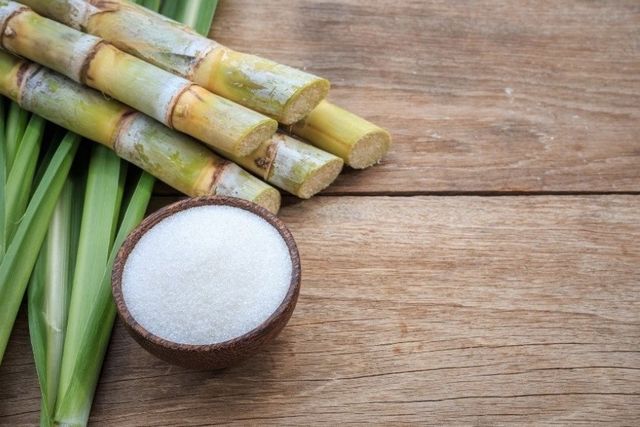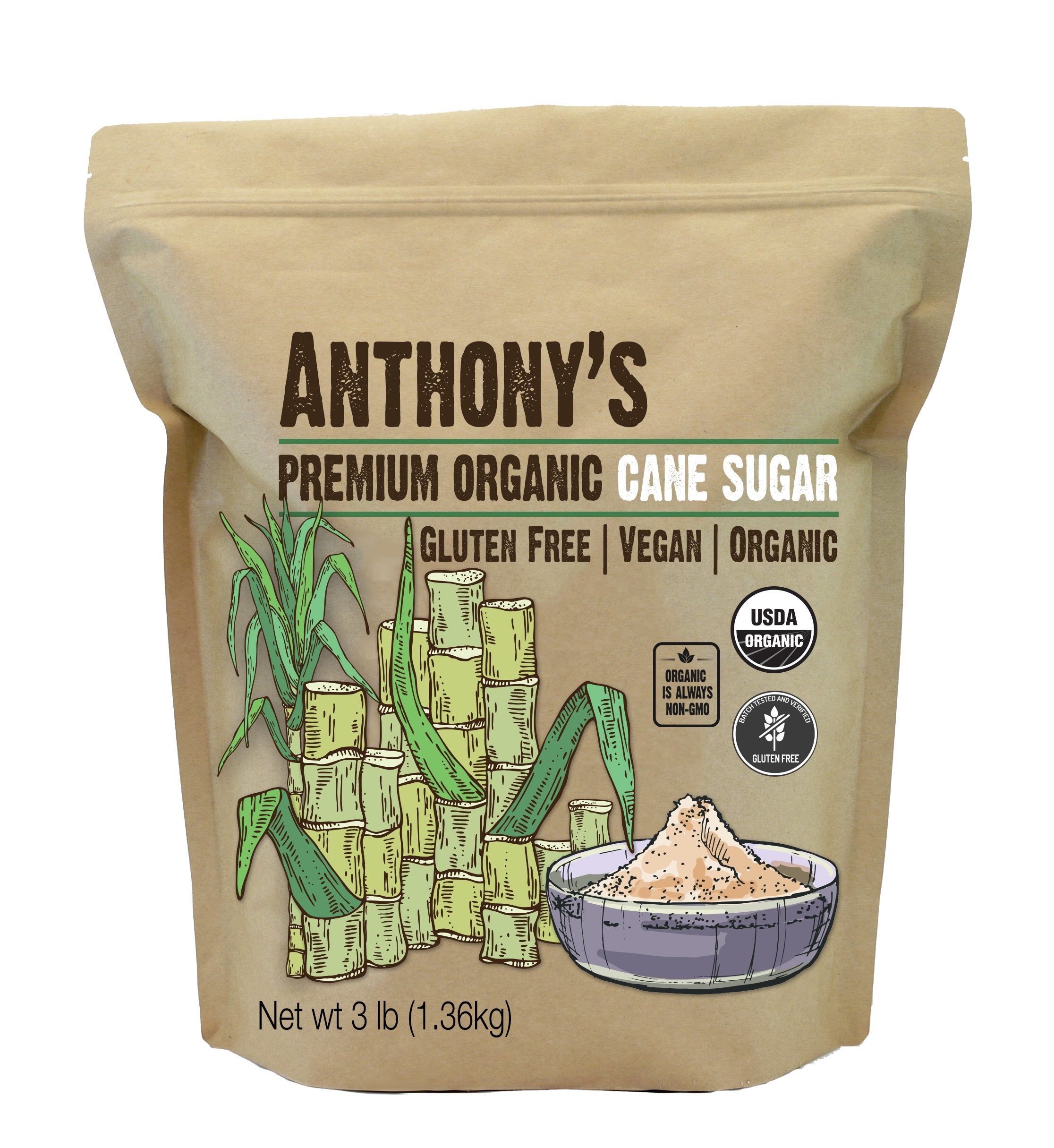Cane Sugar Processing: Ingenious Strategies for Quality Manufacturing
Cane Sugar Processing: Ingenious Strategies for Quality Manufacturing
Blog Article
A Comprehensive Introduction of the Wellness and Economic Effects of Walking Cane Sugar Handling on Regional Communities
Walking stick sugar processing plays a pivotal role in shaping the financial landscape of neighborhood neighborhoods, offering employment possibility and promoting ancillary markets. However, the health implications connected with high sugar consumption can not be overlooked, as they add to climbing rates of obesity and diabetes mellitus. This nuanced vibrant welcomes a critical assessment of how communities can enhance economic gains while resolving journalism wellness obstacles they face. The expedition of sustainable methods and instructional initiatives may simply hold the secret to integrating these contrasting interests. What approaches might neighborhoods apply to achieve this balance?
Economic Advantages of Cane Sugar Handling
Cane sugar handling supplies substantial economic benefits that extend beyond the instant agricultural industry. The farming and handling of sugarcane create various task opportunities, from farming to manufacturing and circulation. This work generation not only supports local economic situations but likewise cultivates area advancement by providing steady earnings resources for households.
Additionally, the sugar industry promotes secondary companies, consisting of transportation, devices supply, and product packaging services (Cane Sugar Processing). As these markets grow, they add to a more robust financial structure, improving total neighborhood strength. The export potential of processed walking cane sugar better enhances financial advantages, placing areas as competitive gamers in worldwide markets
Investment in contemporary handling centers can lead to enhanced productivity and efficiency, thus decreasing waste and enhancing source usage. This change not only benefits the regional economic situation yet likewise supports sustainability efforts by reducing ecological influences.
Furthermore, the earnings created from walking stick sugar processing can be reinvested in neighborhood infrastructure, education, and healthcare, promoting holistic neighborhood development. On the whole, the economic advantages of cane sugar processing are diverse, giving a structure for enduring success in agricultural areas.
Health And Wellness Dangers Connected With Sugar Intake
Too much sugar intake postures significant health risks that call for serious focus. High intake of included sugars, particularly from processed foods and drinks, has been linked to various health complications.
Additionally, high sugar consumption is linked with cardio disease. Raised blood sugar degrees can cause insulin resistance, a forerunner to various heart-related concerns. In addition, sugar can have destructive impacts on dental health and wellness, causing cavities and gum tissue disease, as bacteria in the mouth thrive on sugar, generating acids that wear down tooth enamel.
Furthermore, arising study recommends a prospective web link between high sugar intake and mental wellness problems, such as clinical depression and anxiety. As neighborhoods come to grips with these health dangers, it becomes important to promote awareness and urge healthier nutritional options. Attending to sugar consumption is important not only for specific health but additionally for the overall health of local areas, emphasizing the demand for detailed public health and wellness techniques.
Environmental Impacts of Sugar Manufacturing
Frequently ignored in conversations regarding sugar's implications is the significant ecological effect of sugar production. The growing of sugarcane commonly requires considerable land usage, leading to deforestation, loss of biodiversity, and interruption of neighborhood ecosystems. The conversion of forests and marshes into sugar haciendas can cause habitat damage, threatening many varieties and changing eco-friendly balance.
Furthermore, sugar visite site manufacturing is resource-intensive, consuming significant quantities of water for watering. This can result in exhaustion of local water resources, adversely affecting both farming practices and community accessibility to tidy water. In addition, making use of chemical fertilizers and pesticides in sugarcane farming can add to soil destruction and water air pollution, as runoff from these chemicals gets in neighboring rivers and lakes, impacting water life and human wellness.
The ecological impact extends to the processing phase, where energy usage and waste generation additional aggravate ecological issues. Air pollution from melting sugarcane fields, together with greenhouse gas exhausts, add to environment change. As such, the ecological implications of sugar production warrant severe consideration, urging stakeholders to take on even more sustainable methods to mitigate these unfavorable effects on local communities and neighborhoods.
Job Production and Neighborhood Development
The ecological challenges positioned by sugar production are frequently counterbalanced by its potential for financial benefits, particularly in task creation and community development. The walking cane sugar industry works as a substantial resource of work in many backwoods, providing work throughout various skill degrees, from farming labor to processing and distribution functions. This employment not only supports specific families but additionally contributes to the overall financial vigor of regional areas.
Additionally, the facility of sugar processing centers stimulates ancillary companies, such as transport solutions, tools supply, and maintenance providers. As these organizations thrive, they develop extra tasks and bolster regional economic climates. The profits created from the sugar market likewise results in raised tax incomes, which can be reinvested into neighborhood services such as facilities, education and learning, and healthcare growth.
In addition, the sugar sector typically participates in neighborhood development efforts, such as supporting regional colleges and health programs, thus click here to read improving the top quality of life for residents. By cultivating solid community connections and promoting economic development, the walking stick sugar handling field plays a vital function in uplifting regional populaces, making it an important component of lasting development methods in sugar-producing regions.
Harmonizing Health And Wellness and Economic Growth
In browsing the intricacies of walking stick sugar handling, a vital obstacle lies in balancing health and wellness considerations with financial growth. The sugar industry considerably adds to neighborhood economic situations by generating tasks, boosting relevant sectors, and boosting tax obligation revenues. However, the health and wellness ramifications linked with excessive sugar consumption can lead to chronic diseases such as excessive weight, diabetic issues, and cardiovascular concerns, which can problem public wellness systems and lessen labor force productivity.

Furthermore, regulatory structures can play a critical duty in guiding market methods in the direction of more health-conscious and sustainable strategies. By fostering partnership between federal government bodies, wellness companies, and the sugar sector, areas can navigate the dichotomy of health and economic development, ensuring that the benefits of walking cane sugar handling are equitably shared while focusing on public health and wellness.
Conclusion
In verdict, the handling of walking cane sugar presents both considerable financial advantages and significant health dangers for neighborhood neighborhoods. While it fosters work creation and promotes regional advancement, the connected health and wellness concerns, particularly concerning weight problems and diabetes mellitus, necessitate a cautious harmonizing act. By advertising accountable usage and investing in neighborhood education and sustainable methods, it is possible to optimize economic benefits while minimizing unfavorable health and wellness results, thus ensuring a much healthier future for regional populaces.
In addition, sugar can have destructive results on dental wellness, resulting in cavities and periodontal condition, as germs in the mouth thrive on sugar, generating acids that deteriorate tooth enamel.
Dealing with sugar consumption is crucial not just for individual health but additionally for the overall well-being of neighborhood areas, emphasizing the demand for thorough public wellness methods.
Regularly overlooked in discussions concerning sugar's ramifications is the considerable environmental influence of sugar production. The wellness implications connected with extreme sugar consumption can lead to chronic diseases such as obesity, see page diabetic issues, and cardiovascular concerns, which can concern public wellness systems and reduce workforce productivity.

Report this page